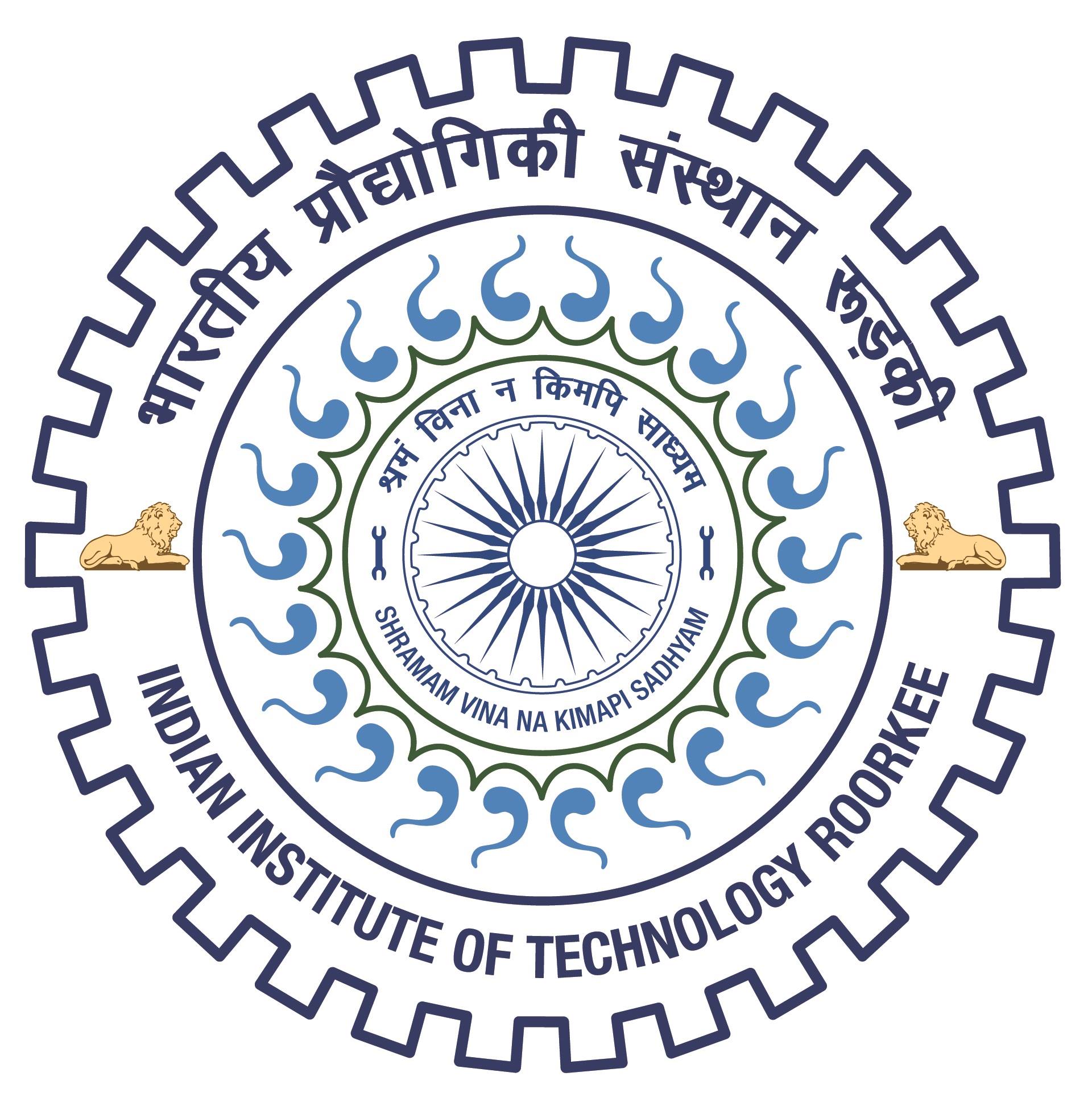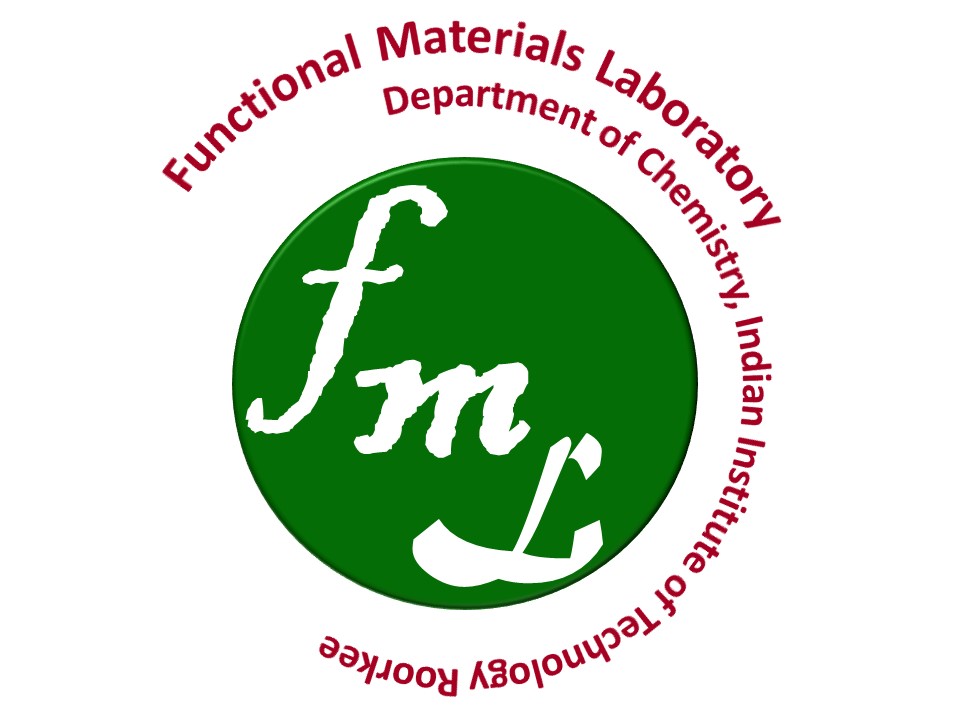Our Research
We focus on several key areas of translational research in materials chemistry, including:
Advanced Electrode and Electrolyte Development for Next-Generation Energy Storage Devices
The demand for high-performance energy storage solutions has grown exponentially due to advancements in electric vehicles, renewable energy integration, and portable electronics. To meet this demand, our research focuses on the design and synthesis of novel electrode materials and the development of advanced non-aqueous electrolytes that push the boundaries of battery and supercapacitor technology
• Novel Electrode Materials for Next-Generation Batteries and Supercapacitors
We aim to engineer cutting-edge electrode materials with enhanced electrochemical properties, including high specific capacity, superior charge/discharge rates, and prolonged cycle life. By leveraging nanostructured materials, hybrid composites, and surface modifications, our approach ensures optimal ion transport, minimized degradation, and improved energy density
• High-Performance Non-Aqueous Electrolytes
Electrolytes play a critical role in determining the efficiency and safety of energy storage devices. Our focus is on the development of non-aqueous electrolytes that exhibit superior ionic conductivity while maintaining a wide electrochemical stability window. This approach allows for enhanced voltage operation, reducing energy loss and improving overall system efficiency. By formulating optimized electrolyte compositions—such as advanced ionic liquids, polymer electrolytes, and novel solvent-salt combinations—we strive to overcome existing limitations in energy storage technologies.
By integrating innovative electrode materials with next-generation electrolytes, we seek to revolutionize battery and supercapacitor performance, paving the way for more sustainable, efficient, and scalable energy storage solutions for industrial applications
Adsorbents
FML is at the forefront of innovation in adsorbent development, leveraging advanced material science, nanotechnology, and green chemistry to create next-generation adsorption solutions. Our mission is to design and manufacture tailored adsorbents that enhance efficiency, reduce environmental impact, and meet the specific needs of industries. By integrating cutting-edge research with scalable manufacturing processes, we aim to provide superior adsorption materials with optimized selectivity, regeneration capability, and durability. Whether tackling industrial effluents, enhancing gas separation processes, or improving resource recovery, we are committed to revolutionizing the field with smart, sustainable, and high-performance adsorbents.
Cellulose Materials
Translational research in cellulose modification focuses on bridging fundamental cellulose science with industrial applications, enabling the development of high-performance, sustainable materials. Cellulose, being the most abundant natural polymer, offers immense potential for eco-friendly innovations across various sectors, including packaging, textiles, biomedicine, and energy storage
• Chemical Functionalization: Enhancing cellulose properties through esterification, etherification, and grafting to improve solubility, hydrophobicity, or reactivity for targeted applications.
• Nanocellulose Development: Producing cellulose nanocrystals (CNCs) and nanofibrillated cellulose (NFC) for use in lightweight composites, biomedical scaffolds, and high-strength materials.
• Cellulose-based Bioplastics: Engineering biodegradable cellulose derivatives to replace petroleum-based plastics in packaging and coatings.
By translating cellulose modification research into scalable technologies, this field is driving the development of bio-based, high-performance materials that align with circular economy principles.
Our Approach
We follow a systematic approach to translational research in materials chemistry:
1. Fundamental Research – Investigating the structure, properties, and synthesis of novel materials.
2. Material Development & Optimization – Refining material properties through chemical and computational modeling.
3. Prototyping & Testing – Evaluating materials for real-world applications through rigorous testing and validation.
4. Scale-Up & Commercialization – Partnering with industry to bring materials from the lab to market.
Collaborations & Partnerships
We believe that collaboration is key to impactful translational research. Our lab actively partners with:
• Academic institutions for interdisciplinary research.
• Industry leaders in materials science, manufacturing, and technology.
• Government organizations for funding.
• Startups and entrepreneurs for commercialization opportunities.
If you are interested in collaborating with us, please reach out!
FUNDED PROJECTS
| S.No. |
Title |
Year |
Sponsoring Agency |
| 1. |
Development of Non-aqueous electrolytes for high performance supercapacitor devices |
2024-ongoing |
DRDO |
2. |
Heteroatoms enriched nanoporous materials for high performance supercapacitor applications in non-aqueous medium |
2020-22 |
ISRO |
| 3. |
Development of high performance adsorbents for petrochemical applications |
2018-21 |
DST, Govt. of India |
| 4. |
Cellulose based flexible supercapacitor devices |
2017-20 |
SERB, New Delhi |
| 5. |
Hierarchical Nanoporous Inorganic-Organic Hybrid Materials for Gas Storage and Separation Applications |
2012-15 |
SRIC, IIT Roorkee |
| 6. |
Inorganic-Organic Hybrid Nanoporous Materials for Carbon Dioxide Capture |
2012-16 |
DST, Govt. of India |
| 7. |
Low-dimensional hybrid hierarchical nanoporous materials for environmental applications |
2013-16 |
Indo-Mexican (DST-CONACYT) |

